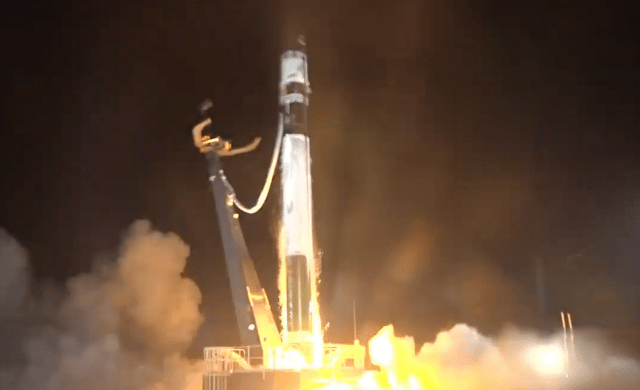Air New Zealand has signed a letter of intent to order up to 23 all-electric Alice aircraft from Arlington, Wash.-based Eviation as part of its Mission NextGen Aircraft program to accelerate the switch to zero-emission flights. The deal makes Air New Zealand the first national flag carrier to put in a reservation for the nine-seater Alice.
In a statement, Air New Zealand CEO Greg Foran said Eviation’s Alice is a “natural fit” for the airline’s plan to decarbonize its domestic flights, starting in 2026. An Alice prototype went through its first flight test in September, and Eviation plans to put the plane into service by 2027. Other electric aircraft manufacturers teaming up with Air New Zealand include Beta, Cranfield Aerospace and VoltAero.








